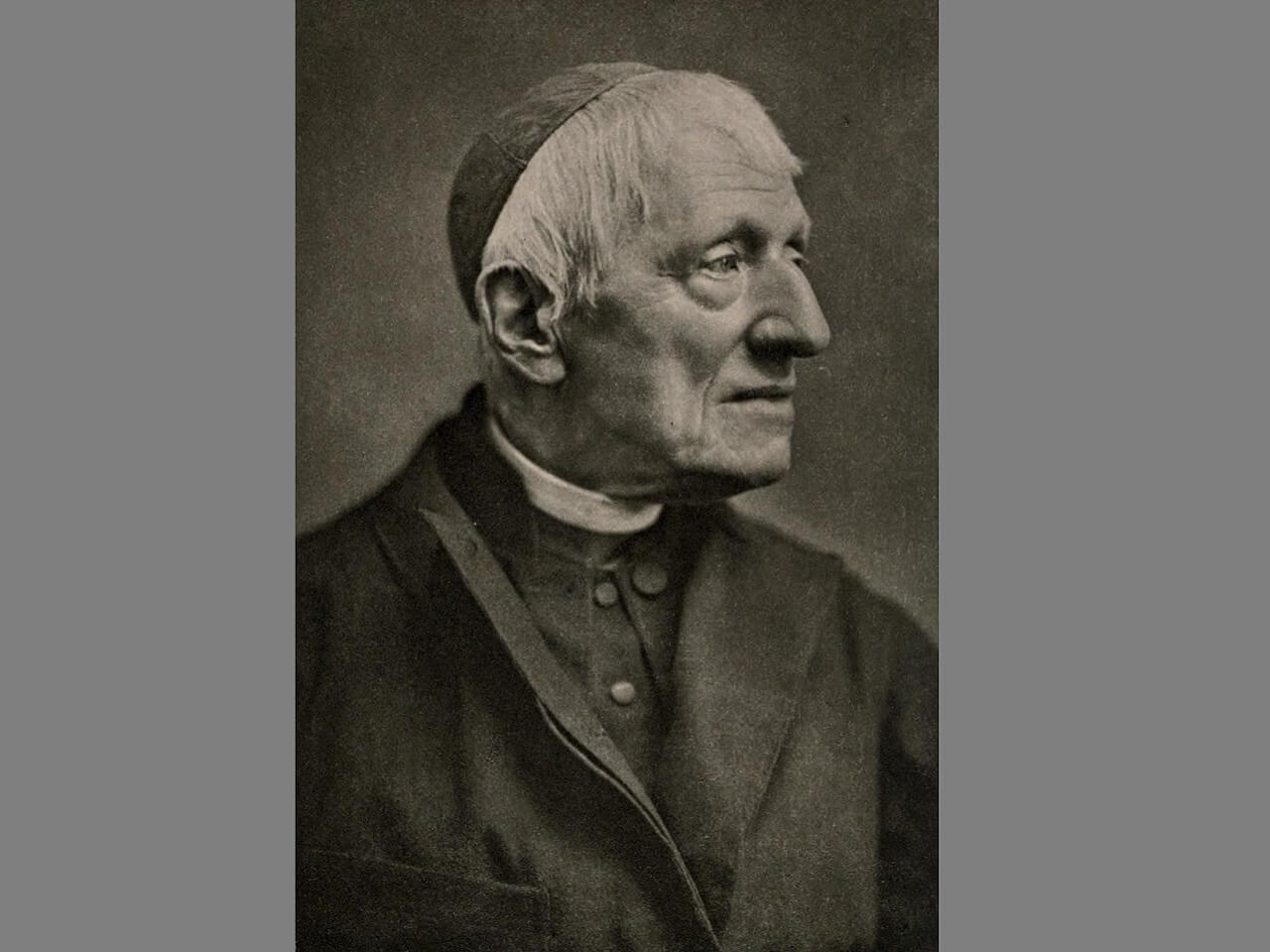Fr. James Martin, S.J. believes that John Henry Newman may constitute a model of holiness for those with homosexual inclinations. While he draws back from concluding that Newman was certainly “gay,” he wants to proclaim the message that “a gay person (someone with a homosexual orientation, if you prefer) can be holy, even a saint. Holiness makes its home in humanity.”
As many have pointed out, the evidence that Newman experienced homoerotic desires for his close friend Fr. Ambrose St. John is scant to nonexistent, and there is evidence to the contrary. For example, Newman confessed to desires to be married and to raise a family.
Fr. Martin is correct in his assertion that someone experiencing homosexual orientation can live a life of holiness. What Fr. Martin singularly fails to do is point out exactly how that is to be achieved.
What, then, would be the appropriate response of a Catholic committed to living a holy life if he found himself experiencing strong erotic desires toward someone with whom he were living in close quarters? This is a question that goes not only to Newman’s (hypothetical) situation, but in its essence to that of many of us at some time or other in our lives. It relates to the married as much as to the unmarried, to the heterosexually inclined as much as to those experiencing homosexual inclinations. Indeed, it ranges beyond sexual desires to all manner of temptations.
The answer is well supplied in both Catholic tradition and in common sense. One must avoid occasions of sin, especially when the temptation is to serious sin, the temptation is strongly felt, and there is no compelling reason to remain in the situation.
To put it bluntly: “If you can’t stand the heat, stay out of the kitchen.”
In the imagined scenario wherein Newman experienced homoerotic desires for Fr. Ambrose, with whom he lived in close quarters, it is impossible to see why Newman (and Fr. Ambrose) would not have promptly abandoned the living arrangement, for the sake of their own souls.
It is not as if Newman were unaware of the spiritual doctrine concerning occasions of sin. Here is one of his prayers:
I protest once for all, before men and Angels, that sin shall no more have dominion over me. This Lent I make myself God’s own for ever. The salvation of my soul shall be my first concern. With the aid of His grace I will create in me a deep hatred and sorrow for my past sins. I will try hard to detest sin, as much as I have ever loved it. Into God’s hands I put myself, not by halves, but unreservedly. I promise Thee, O Lord, with the help of Thy grace, to keep out of the way of temptation, to avoid all occasions of sin, to turn at once from the voice of the Evil One, to be regular in my prayers, so to die to sin that Thou mayest not have died for me on the Cross in vain. (Meditations and Devotions)
Fr. Martin believes that Newman might have been “gay” but never broke his promise of celibacy.
This is a superficial take on celibacy — really, on chastity for the unmarried — that fails to take into account the need to fly from occasions of sin, as exemplified in Newman’s beautiful prayer above, and indeed in the Spiritual Exercises drawn up by the founder of Fr. Martin’s Jesuit order, St. Ignatius of Loyola. Chastity for the unmarried is not simply abstinence from external genital acts; it is first of all an orientation of the will and the heart. Avoiding obvious and strongly tempting situations is the very first line of defense.
John Henry Newman is now a canonized saint. As the Catechism says: “By canonizing some of the faithful, i.e., by solemnly proclaiming that they practiced heroic virtue and lived in fidelity to God’s grace, the Church recognizes the power of the Spirit of holiness within her and sustains the hope of believers by proposing the saints to them as models and intercessors” (n.828).
Thus, Newman is now upheld as a model for us to imitate in our own lives.
Fr. Martin cannot have it both ways. John Henry Newman could not have been a “gay” saint and have lived with Fr. Ambrose in such close quarters. Had he been a saint and “gay,” Newman would have, at the first inklings of homoerotic desire, promptly removed himself from temptation’s way. Since he didn’t do so, we can conclude either that he had no such feelings toward Fr. Ambrose or that he did so, and given his failure to act, he cannot be held out as a model of holiness for Catholics to imitate.
Those with homosexual inclinations can indeed lead lives of profound and exemplary holiness. With the rest of humanity, they achieve this by loving God with their whole heart, soul, and mind and are assisted by the collected wisdom of the saints in their lives and teachings, including St. John Henry Newman.


